
***Dear colleagues,
Ladies and Gentlemen,
It's an honour for me to welcome you to Sweden and to host this 33rd plenary meeting of the European Judicial Network.
This Swedish November weather is not as welcoming as one could wish for but believe me, it does not in any way characterise our expectations for this meeting. No, let the weather be in contrast to the vivid and creative discussions and useful conclusions we hope this meeting will result in. I am convinced that you all, in the most helpful and constructive way, will contribute with your valuable knowledge and experiences to make this a very enlightening and positive meeting.
A year ago I met many of you in Paris, at the 31st plenary meeting of this Network. Once again I am given the opportunity to stress your importance within the area of judicial cooperation in criminal matters. I cannot enough do so. I deeply appreciate your efforts as contact points and your commitment to the cross border cooperation in the fight against criminality. You both ensure the best implementation of the legal instruments in this field as well as contribute to further developing existing forms of cooperation, by for example identifying problematic issues. You are an important link between the national practitioners and the EU-legislators. Your work, and the mutual trust you share in your network-colleagues, is also essential in implementing the principle of mutual recognition.
This principle - the principle of mutual recognition - will be further confirmed and developed in the new policy programme in the area of Freedom, Security and Justice, the Stockholm Programme. Our aim is to adopt this Programme under the Swedish Presidency and I am convinced that we will succeed. The ambition throughout the programme is to strengthen and develop the principle of mutual recognition within the area of judicial cooperation. To that end the programme aims for improving cooperation using the existing legal instruments. One example is to develop handbooks and national fact sheets on each instrument. Another task is to develop the electronic tools, for example the ones provided by your Network. We also emphasize the need for a new comprehensive system for obtaining evidence with a cross-border dimension, based on the principle of mutual recognition.
In this over-all-ambition to strengthen the principle of mutual recognition, all of you have a very important task. Already today you are the users of this principle. You know the true meaning of this principle, both the positive results it has the power to accomplish but also the barriers it has to overcome. In line with the Stockholm programme - which strongly underlines the importance of contacts between professionals and a more active role of Networks such as yours' - I consider you as ambassadors of the principle of mutual recognition.
The presidency sets very ambitious goals in its latest draft of the Stockholm programme - at least half of the Unions judges and prosecutors should by 2015 have participated in a European training scheme or an exchange with another Member State. I believe you agree with me in seeing the importance of sharing such experiences in order to further strengthen the mutual trust in our systems.
Mutual trust between professionals is essential to assure the full potential of cross-border cooperation. Alongside this, the need to strengthen our citizens' trust in the EU-institutions is crucial. As I said in Paris last year, the work we carry out within the European Union is for the sake of the citizens. There is a need to balance repressive measures with measures securing the rights of the individual.
Procedural rights is a main priority for the Swedish Presidency. I am therefore glad to inform you that the we have made a breakthrough with this issue. At the Justice and Home Affairs Council in October, the Member States could for the first time reach a political agreement on procedural rights. In a Roadmap, the Member States agreed that action should be taken at EU level in order to strengthen procedural rights. The Roadmap also introduces a strategy for the future work, whereby action should be taken in one area at a time - a step-by-step-approach. We also agreed on the first step in the Roadmap - namely a Framework Decision and a Council Resolution on the right to interpretation and to translation. This is one of the most fundamental rights for a person who is suspected for or accused of a crime. Suspected and accused persons must be able to understand the proceedings. They must also be able to make themselves understood. It is my firm belief that the progress with the procedural rights file will improve the mutual trust between the Member States and thereby also improve the international judicial cooperation in criminal matters.
Another important step to increase citizens' trust in the EU-institutions is to show that the EU stands strong and well prepared with efficient tools to fight growing phenomena in organised crimes, such as smuggling and trafficking in human beings. The fight against trafficking in human beings is a major priority for Sweden, and also for the EU. I am therefore pleased to inform you that the EU, at the Council next week, will be able to confirm its common understanding on a revised Framework Decision on preventing and combating trafficking in human beings and protecting victims. The Swedish Presidency is convinced that the agreed provisions will form the basis for a new instrument against trafficking in human beings under the Lisbon Treaty. The agreement contains provisions on extended criminalisation of trafficking in human beings and stricter lowest maximum penalties for trafficking. It also contains a provision on non-prosecution and non-punishment of those who have fallen victim to trafficking in certain cases. Furthermore, the proposal provides that Member States, to a larger extent than today, shall be able to prosecute offences committed abroad. It also contains enhanced provisions on assistance, support and protection of victims.
In this context the draft Framework Decision on transfer of proceedings should be mentioned. The Swedish Presidency aims to reach a common understanding at the Council next week, establishing political guidelines for a future work on transfer of proceedings. The proposed provisions make it possible to fight trafficking, and other cross-border crimes, more efficiently, as it provides mechanisms for a proper administration of justice within EU. For example, a young girl who is abducted in one Member State and transported over the territory of several other Member States finally ends up in Denmark where she is forced into prostitution. The criminals might finally get caught in Sweden. Where should they be prosecuted? On an EU level it does not seem proper to hold several trials in several states. The proposed framework decision gives Member States the tool to deal with this. It allows for the transfer of proceedings to the Member State where it serves the best and most efficient administration of justice within EU.
However, the added value that these legal instruments provide in combating trafficking is not enough. We also see a need to improve the EU cooperation with countries outside the Union. To this end, we are developing an Action Oriented Paper. It is a policy document on how, in the case of trafficking, to improve co-ordination within the EU and to strengthen partnerships with third countries, regions and organisations on an international level. This aim was also the theme for a Ministerial Conference in Brussels in October which resulted in a declaration with a series of key objectives which will be on the agenda at the Council next week.
Another example of EU’s broader perspective in the fight against organised crime is the conclusion of agreements on mutual assistance and extradition with third countries. This is acknowledged in the proposed Stockholm programme. It promotes such agreements and calls for a policy on which criteria to apply when deciding on the priority countries. The EU-US agreements on mutual assistance and extradition are proof of such work. The instruments of ratification were exchanged at a Ministerial Troika Meeting in end of October in Washington. The agreements provide for important tools to further facilitate and simplify the cooperation in criminal matters between the Member States of EU and the US. During the Swedish Presidency we have also finalized negotiations with Japan on an Agreement on Mutual Legal Assistance.
To sum up, there are a lot of challenges ahead of us. A new era awaits; for the EU as a whole under the Lisbon treaty, and more specifically in the area of Freedom, Security and Justice, under the proposed Stockholm Programme. It is my deep belief that your knowledge and experiences will be a great contribution to this continued work to strengthen the judicial cooperation in criminal matters. Thank you for all your efforts. Finally, I wish you a fruitful meeting and pleasant time in Sweden.
Thank you for your attention.
se2009.eu
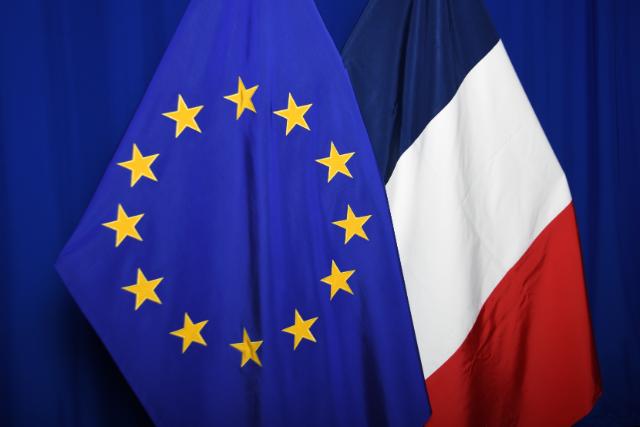







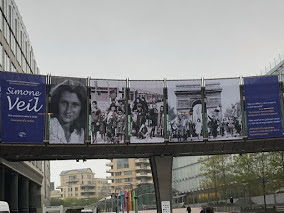
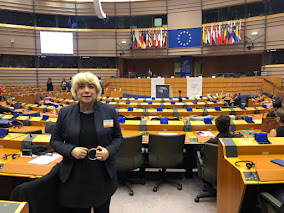
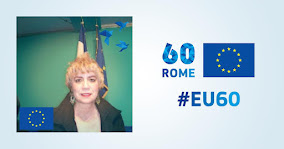
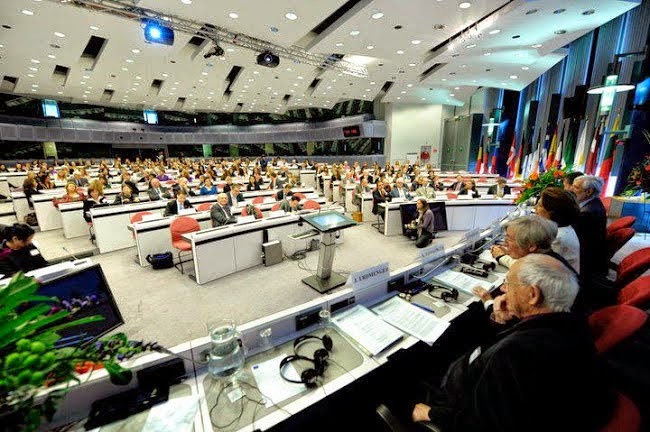




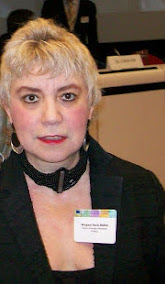
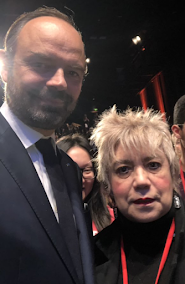
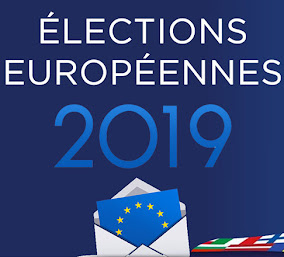









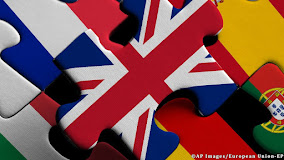
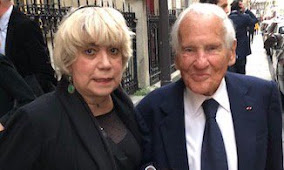





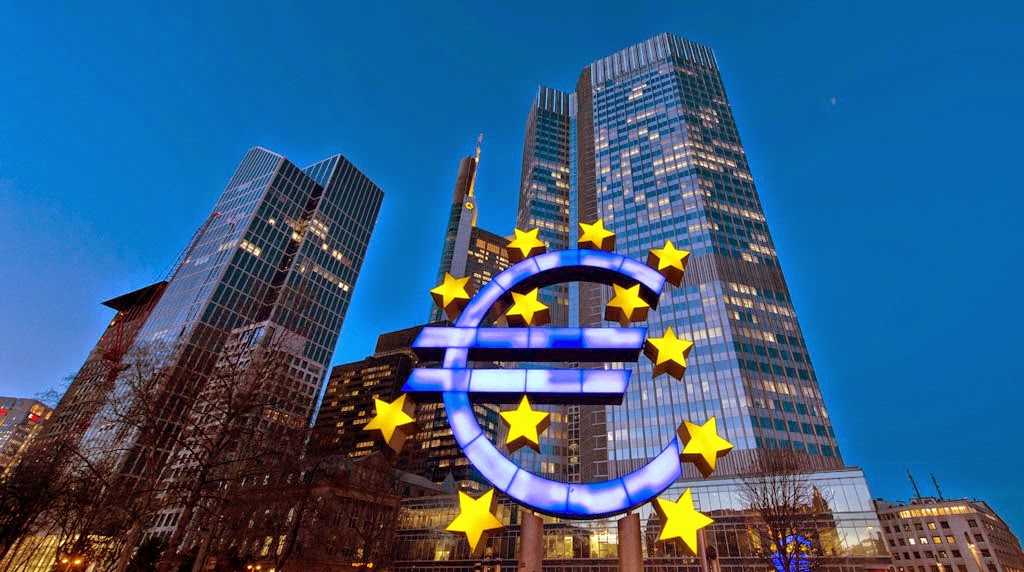

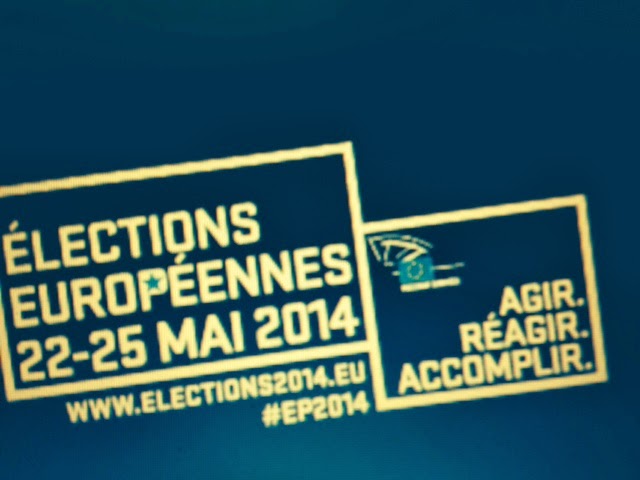




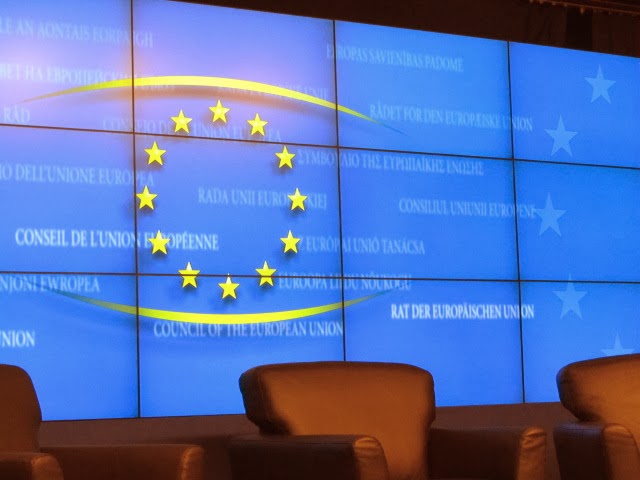
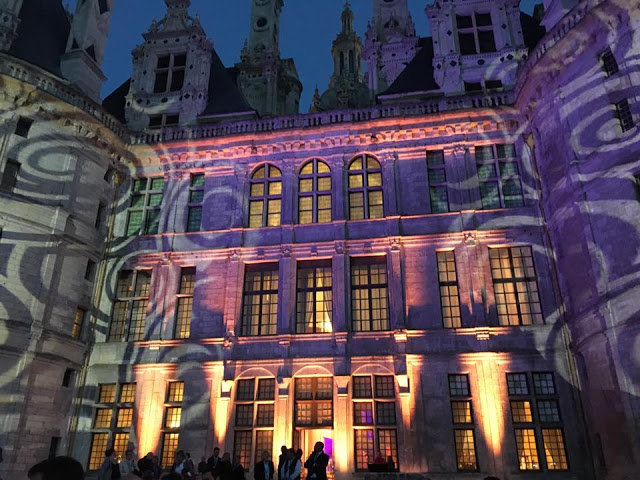


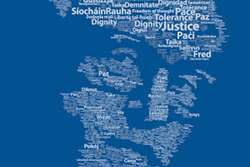



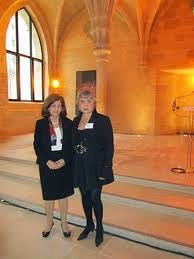

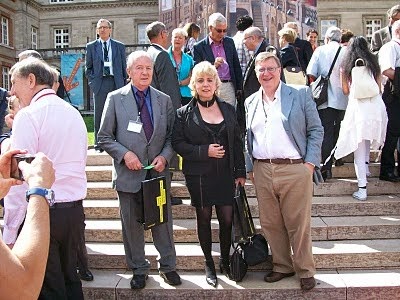
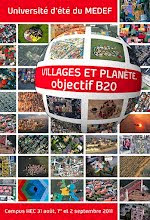



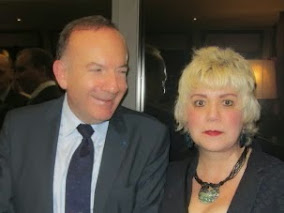
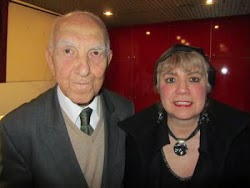
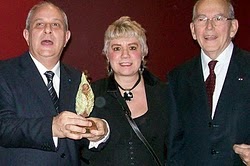









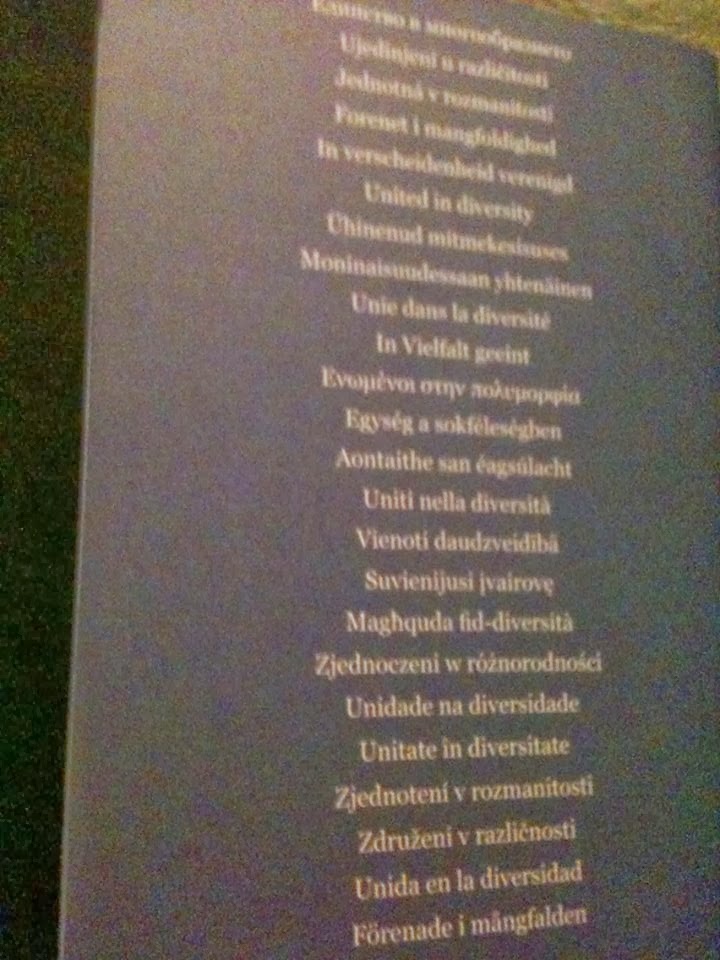
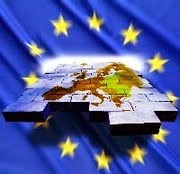
Aucun commentaire:
Enregistrer un commentaire